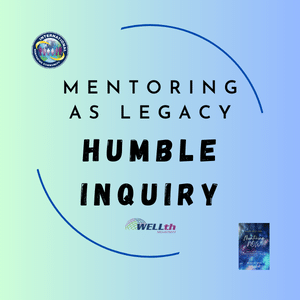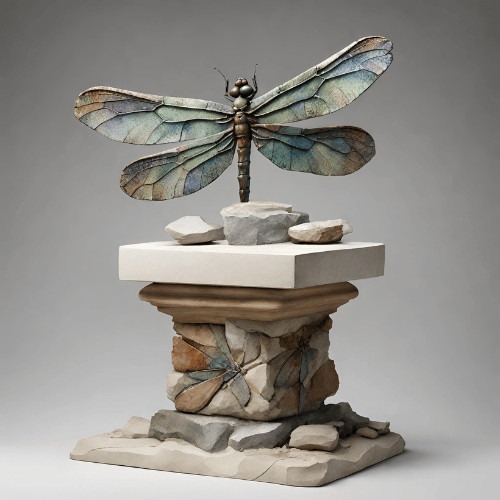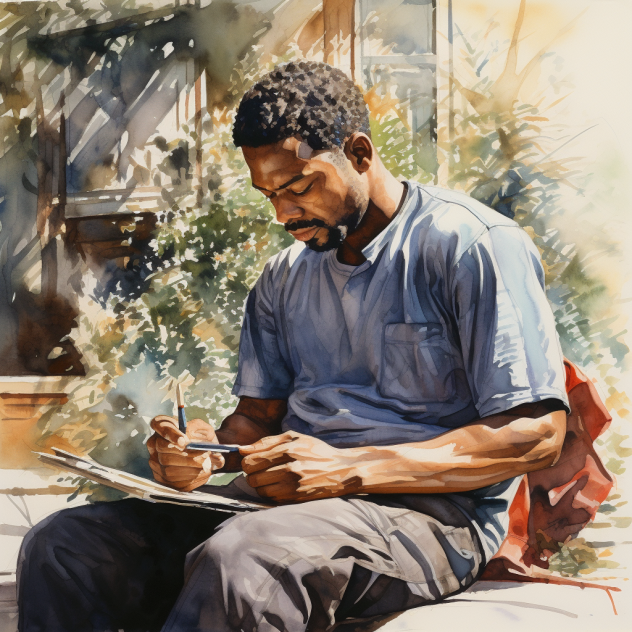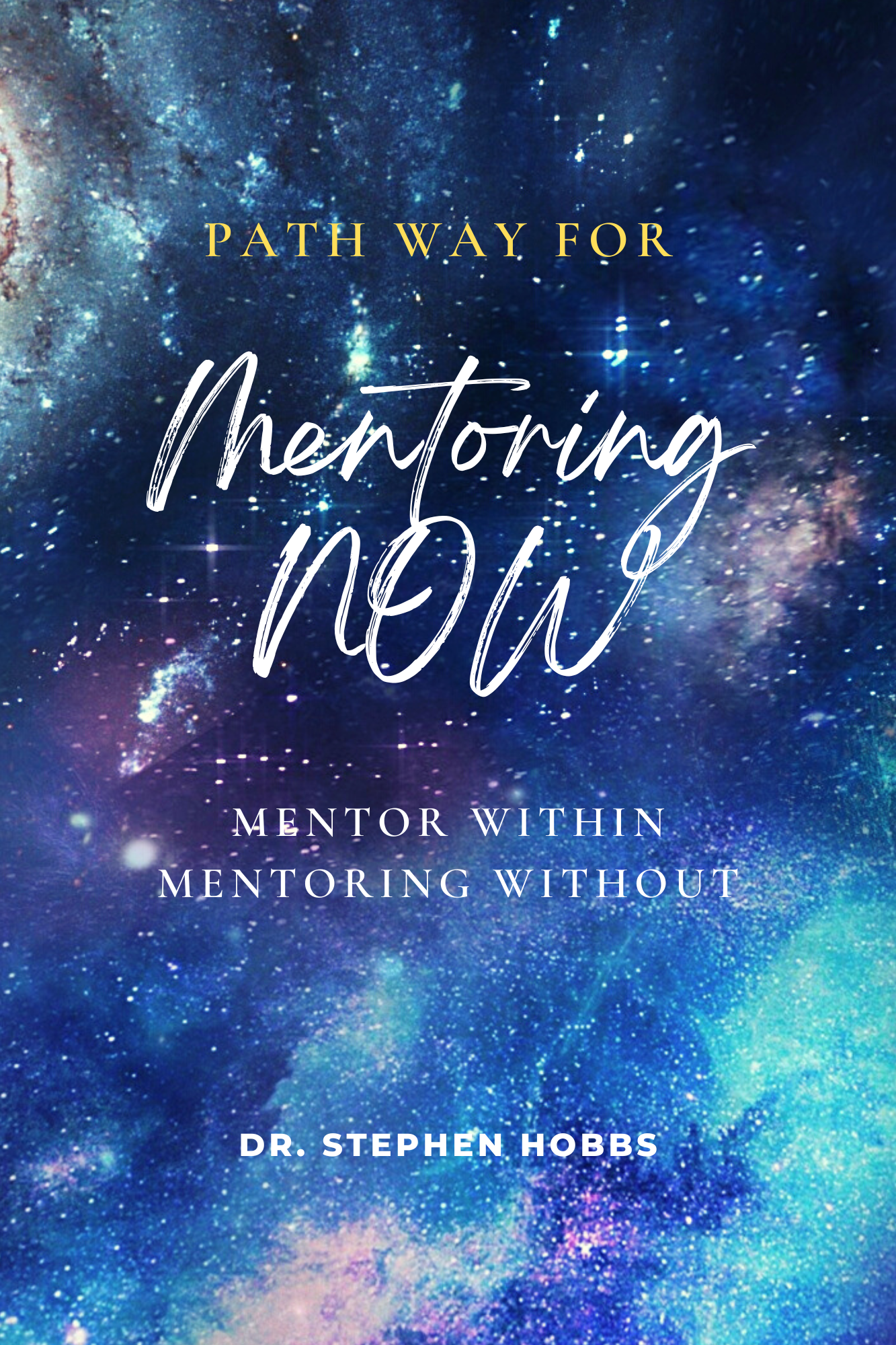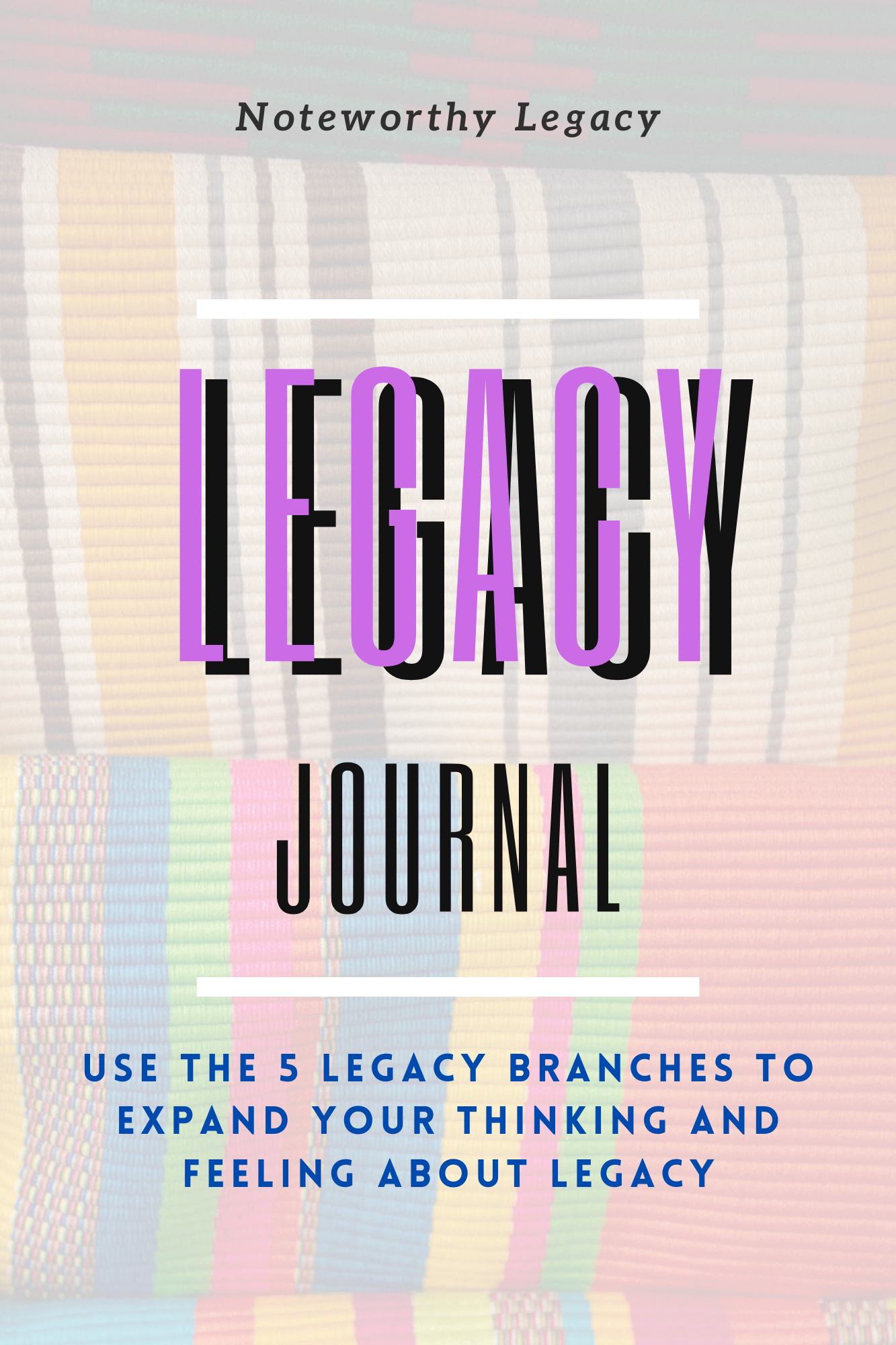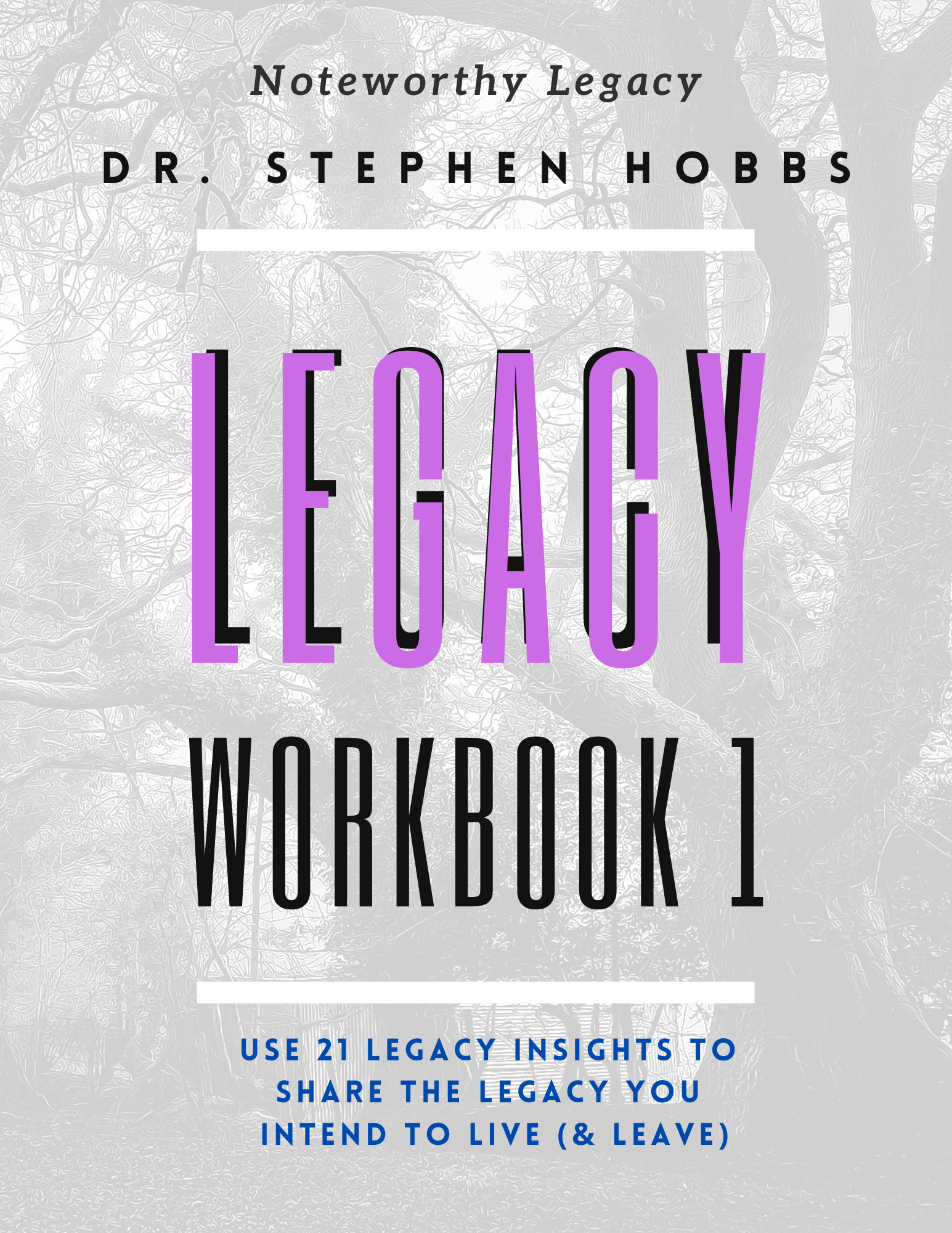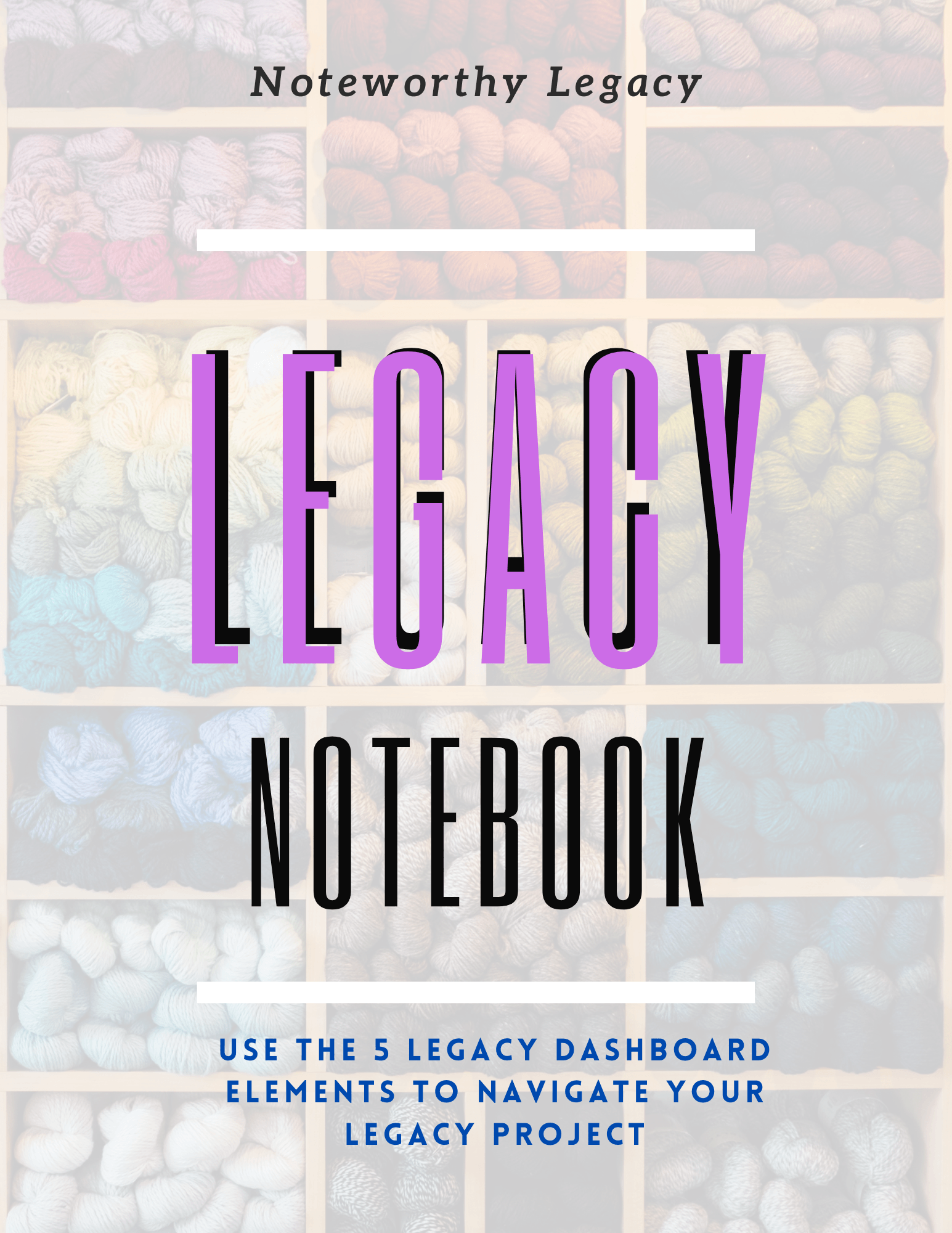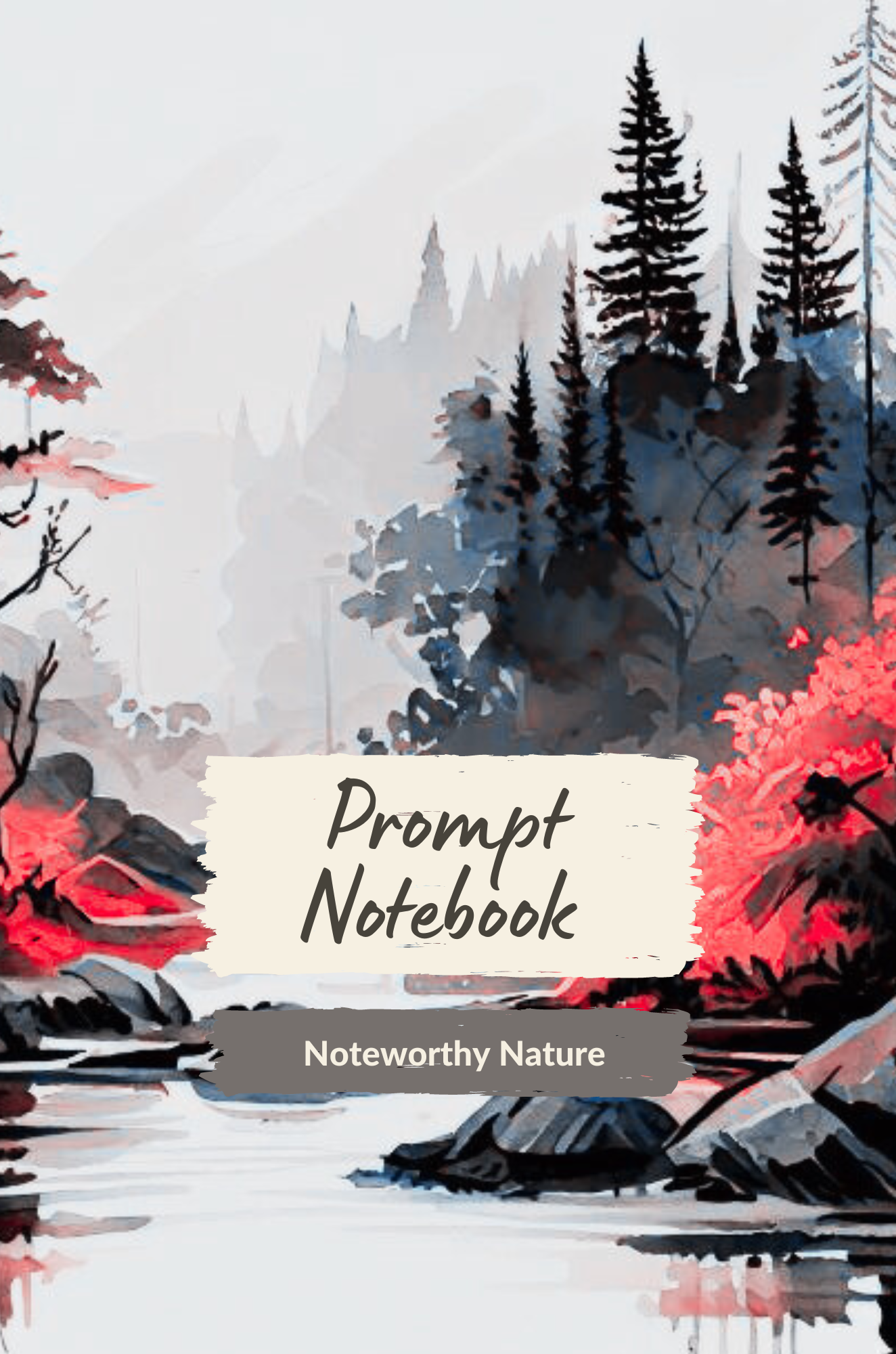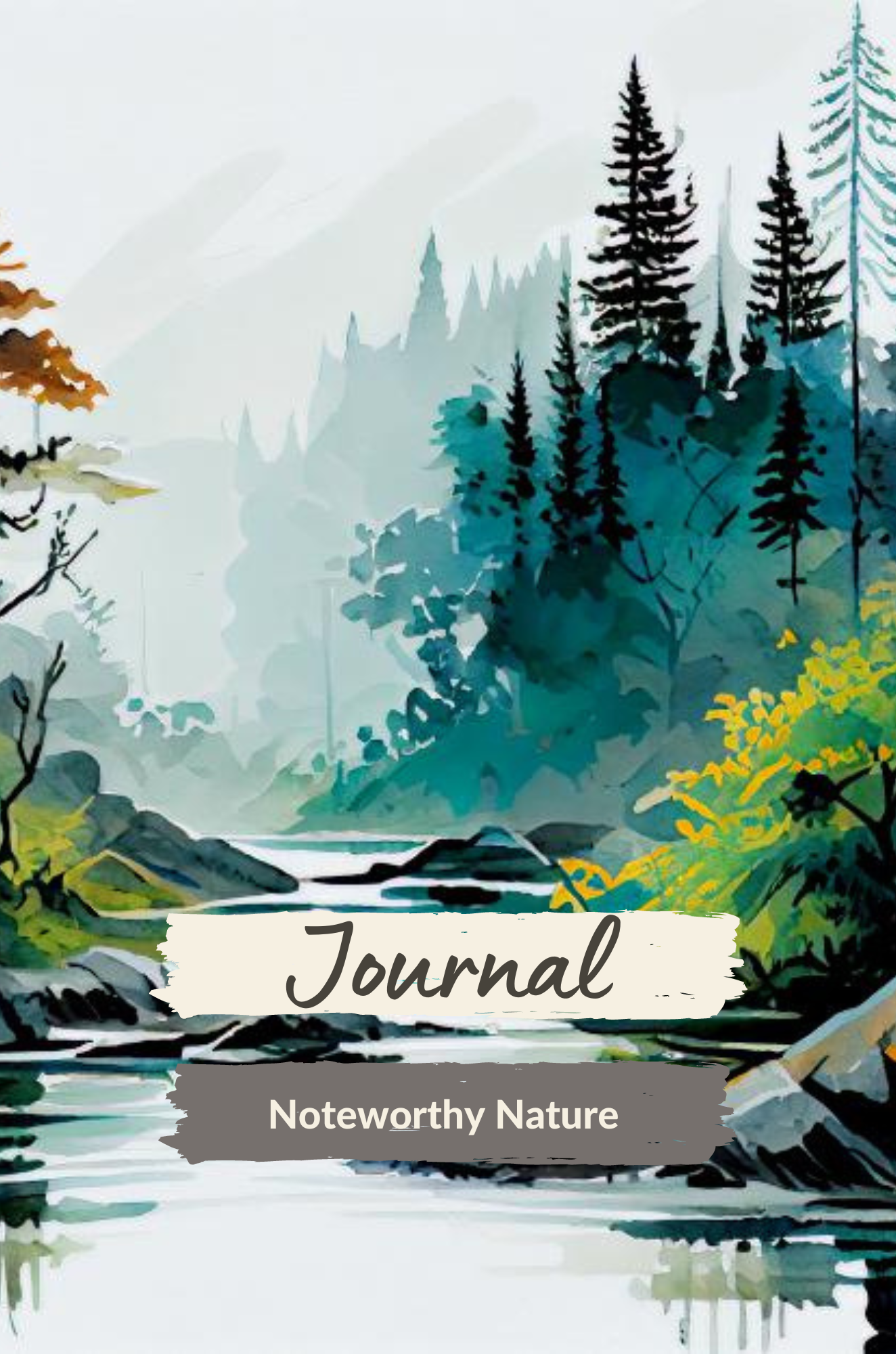Audience: Olders to Elders - SoloAgers
- Empty Nesters - Continuing Educators
- Professionals - Retired Creators
- Grandparents - Younger-Older-Mentors
- and YOU!
Experiencing Humility through Humble Inquiry While Mentoring as Legacy
Humility in mentoring is about transcending mere modesty; it's a powerful approach that involves recognizing and embracing our limits and the vast potential of others.
It allows mentors to be open to learning as much as they educate (guide on the ride), fostering a two-way path of growth.
Primary Focus of Article: What is humility and humble inquiry?
Secondary Focus of Article: How can a mentor use humble inquiry?
Content of Article – albeit offering a broad brush introduction for insight and personal follow-up:
A)) What is humility and humble inquiry?
A1)) Define humility, being humble
Explain humble inquiry
A2)) Answer these questions for a beginner's mind:
What is the Source of Humility in a general sense?
What is the source of humility in being for the world - humanity?
What is the source of humility in being with the planet - organic and inorganic?
What is the source of humility in being from the whole - the wholverse?
What is the source of humility in nurturing life purpose?
A3)) Legacy Reverence–Experiencing Humility as an Older to Elder:
MidLife Reverence: Nurturing Humility in Experiencing Legacy
LIfe Reverence: Nurturing Humility in Our Being
LIfe Reverence: Nurturing Humility in Our Belonging, Being, Becoming
LIfe Reverence: Nurturing Humility in Our Being, Having, Doing
B)) How can a mentor use humble inquiry?
B1)) The Dance of Inquiry: Appreciative, Problem, and Humble
B2)) Connection between Humble Inquiry and Mentoring as Legacy
B3)) Basic Humble Inquiry Approaches Useful for Mentors Involved with Legacy
Moving In:
The profound connections between humility and mentorship are at the heart of mentoring as legacy.
This post uncovers how humility via humble inquiry enriches the mentorship experience and how it can be a pivotal part of any legacy-building effort.
A)) What is humility and humble inquiry?
A1)) Defining Humility and Being Humble
Humility is a virtue characterized by a modest and unpretentious attitude. It involves an acknowledgment of one's limitations, a willingness to learn from others, and a lack of arrogance. Being humble is the embodiment of this virtue, expressing a genuine and grounded demeanor.
Understanding Humble Inquiry
Humble inquiry refers to the art of asking questions with an open mind, genuine curiosity, and a willingness to truly listen. It involves approaching conversations with a genuine interest in understanding others, fostering deep connections, and promoting a movement of mutual learning.
Exploring the Essence of Humility: A Virtue Beyond Pretense
At its core, humility emerges as a virtue that transcends mere modesty. It encapsulates an authentic acknowledgment of our limitations, a profound willingness to glean insights from others, and a clear absence of arrogance. Beyond a simple demeanor, being humble becomes an embodiment of this virtue, shaping our interactions, decisions, and approach to life with sincerity and grounded authenticity.
Unveiling the Artistry of Humble Inquiry
Humble inquiry unveils a profound art—asking questions for the sake of dialogue AND with an open heart, genuine curiosity, and a sincere commitment to listening. It's an approach to conversation that goes beyond the superficial, fostering situations where persons engage in conversations with a true desire to comprehend and value each other.
This practice forms the bedrock of deep connections, creating a movement of mutual learning where curiosity becomes a catalyst for awareness and growth. In the dance of conversation, humble inquiry opens doorways to shared wisdom, dispelling the barriers that hinder genuine connection.
The Power of Humility in Inquiry: A Gateway to Authentic Connection
The power of humility in inquiry becomes a gateway to authentic connection. It goes beyond the transactional nature of questions, delving into the realms of sincere interest and a genuine thirst for comprehension. By embracing humble inquiry, individuals navigate conversations not as interrogators seeking answers but as explorers, weaving a narrative of shared benefits.
Cultivating Curiosity: The Heartbeat of Humility
Cultivating curiosity becomes the heartbeat of humility, and humble inquiry becomes its language. This approach is rooted in the experiences, perspectives, and stories of others. It thrives on the premise that every question asked with humility is an invitation to share, to connect, and to contribute to the collective pool of knowledge.
A2)) Exploring the Source of Humility
For a beginner's mind:
Source of Humility in a General Sense:
The source of humility lies in recognizing that knowledge is vast and ever-expanding. Embracing the understanding that there is always more to learn fosters a humble approach to life.
Source of Humility in Being for the World - Humanity:
Humility in being for the world arises from acknowledging our interconnectedness with all of humanity. It stems from recognizing the shared human experience and our capacity to learn and grow collectively.
Source of Humility in Being with the Planet - Organic and Inorganic:
Humility in being with the planet emerges from understanding our role as stewards of the Earth. It involves recognizing the complexity and interdependence of organic and inorganic elements, promoting a sense of responsibility towards environmental sustainability.
Source of Humility in Being from the Whole - The Wholverse:
Humility in being from the whole stems from perceiving ourselves as integral parts of a vast and interconnected universe (more so, wholverse). It involves acknowledging our participation of existence and appreciating the beauty of the cosmic whole.
Source of Humility in Nurturing My Life Purpose:
Humility in nurturing life purpose arises from recognizing that our individual purpose is a contribution to the greater whole. It involves staying open to evolving insights, learning from experiences, and advancing/amplifying that our purpose is in a larger cosmic narrative.
A3)) Reverance: Nurturing Humility
As we transition from being older adults to becoming elders, the concept of legacy often becomes more prominent in our thoughts. What will we leave behind? How will our memory live on?
These questions naturally lead us to consider the virtues that shape our legacies AND our lives. Among these, humility stands out as a fundamental trait, especially important for those in the midst of crafting their legacies.
Legacy Reverence – Experiencing Humility as an Older to Elder:
As we grow older, our perspectives on life and legacy often shift. We start to appreciate more deeply the impact of our actions on others and the world.
Humility in this context is about recognizing that while we have much to share based on our experiences, we also have much to learn from those around us, regardless of their age or experience level. This mutual exchange enriches our appreciations & celebrations and helps us shape a legacy of achievements//accomplishments AND the character we've built and the wisdom we've imparted.
MidLife Reverence: Nurturing Humility in Experiencing Legacy:
Midlife is often a time of reflection and reevaluation—a period when individuals think deeply about what they have accomplished and what they still wish to achieve. Nurturing humility during this phase involves acknowledging that our legacies are not just the sum of our successes, but also the lessons learned through failures.
It requires an openness to new experiences and ideas, and a willingness to admit that growth is still possible and valuable. This openness ensures that the legacy we aim to leave is adoptable//adaptable and resilient//relevant, much like ourselves.
Life Reverence: Nurturing Humility in Our Being:
Humility in our being is about embracing our inherent worth and the worth of others with grace and gratitude. It means stepping back sometimes to let others shine, offering support instead of always leading, and listening consciously to the diverse voices around us.
This form of humility enriches our interactions and deepens our connections, making our relationships a pivotal part of our legacy.
Life Reverence: Nurturing Humility in Our Belonging, Being, Becoming:
Our sense of belonging—where we see ourselves fitting within our communities and the larger world—is crucial as we age. Humility here involves acknowledging we are within something bigger than ourselves and our actions contribute to a collective legacy.
It's about being present in the moment, fully engaging with our current roles, while also evolving towards who we want to become. This journey of becoming, grounded in humility, teaches us that every stage of life has value and purpose, enriching the legacy we leave.
Life Reverence: Nurturing Humility in Our Being, Having, Doing:
Finally, humility affects not just our being but also our having and doing. It shapes our attitudes towards possessions and accomplishments, encouraging us to hold them lightly and use them for the greater good.
In our actions, humility guides us to act thoughtfully and consider the broader impacts of our decisions. It prompts us to ask what we can do and what we should do to serve others and contribute positively to the world.
In each aspect of life—whether being, belonging, or doing—humility plays a crucial role. It helps us build legacies that are not defined merely by material wealth or personal achievements, but by the richness of our relationships, the depth of our character, and the breadth of our impact.
For those navigating the journey from midlife to next fifty, embracing humility can transform the legacy-building process. It allows us to approach each day with a reverence for life and a commitment to leave behind something truly meaningful. This approach does not diminish our past contributions but rather highlights them as wholes of a larger, more complex story of a life well-lived.
B)) How can a mentor use humble inquiry?
B1)) The Dance of Inquiry: Appreciative, Problem, and Humble
Appreciative Inquiry (AI): Harmony in Positivity
Appreciative Inquiry is an optimistic (positive) and strength-based approach to group and personal development. It seeks to discover and amplify what works well within a system, emphasizing positivity and collective aspirations.
Problem Inquiry: Navigating Challenges
Contrastingly, Problem Inquiry delves into challenges and issues, aiming to identify and resolve problems. While it may appear as the contrasting, it acknowledges the need to address difficulties and obstacles, introducing an element of competition against problems.
Humble Enquiry: The Unifying Bridge
Humble Enquiry, with its emphasis on genuine curiosity, conscious listening, and a willingness to learn, acts as the unifying bridge between Appreciative and Problem Inquiry. It introduces a collaborative tone to the inquiry mix, allowing for review and assessment of both strengths and challenges with an open heart.
The Symbiosis: Collaboration in Diversity
Appreciative Inquiry, Problem Inquiry, and Humble Enquiry can coexist in a collaborative dance where strengths are celebrated, challenges are addressed, and genuine curiosity prevails.
This symbiosis cultivates an environment where diverse perspectives contribute to a richer narrative. Rather than viewing these forms of inquiry as competitors, embracing them as collaborators in the collective journey of exploration and growth transforms the dance into a harmonious jazz ensemble of learning, innovation, and mutual understanding.
B2)) Connection between Humble Inquiry and Mentoring as Legacy
Humble Inquiry and mentoring as a legacy are deeply interconnected, particularly from the perspective of a mentor:
Fostering Deeper Connections and Valuing: Humble Inquiry involves asking questions that stem from genuine curiosity about the mentee's thoughts, feelings, and experiences. This approach allows mentors to better understand the unique perspectives and needs of their mentees. By genuinely engaging and showing interest in the mentee's life and challenges, mentors build stronger, more trusting relationships. These connections are vital for mentors looking to leave a lasting impact on their mentees' lives, which is at the core of creating a mentoring legacy. By deeply understanding their mentees, mentors can tailor their guidance to be more effective and personally meaningful.
Encouraging Reciprocal Learning:
One of the hallmarks of Humble Inquiry is acknowledging that no one person has all the answers, and that there is always room for learning—even for the mentor. This mindset fosters an environment where both the mentor and mentee can learn from each other. For mentors, this reciprocal learning can enrich their own lives and perspectives, making their mentoring efforts not just about teaching but also about learning. This mutual exchange enhances the mentor's own growth and understanding, contributing to a more profound and insightful legacy.
Promoting Reflection and Self-Awareness: Humble Inquiry encourages both the mentor and mentee to reflect on their own beliefs, assumptions, and behaviors. For mentors, this reflective practice is crucial in shaping a legacy that is not only influential but also aligns with their deepest values and principles. By regularly reflecting on their interactions and the outcomes of their mentoring, mentors can continuously improve and adapt their approach. This ongoing self-awareness and commitment to personal growth exemplify a legacy of lifelong learning and adaptability, qualities that mentors hope to instill in their mentees.
From a mentee's perspective, the integration of Humble Inquiry and mentoring as a legacy enhance the mentorship experience:
Creating a Safe and Open Environment:
Humble Inquiry by a mentor establishes a safe, open environment that encourages vulnerability and honest communication. When mentors ask questions with genuine curiosity and without judgment, mentees feel respected and valued. This approach fosters a sense of security, making mentees more willing to share their thoughts, fears, and aspirations. The safe environment not only facilitates deeper learning but also builds the trust necessary for effective mentorship. For mentees, this translates into a more supportive and nurturing relationship, enabling them to explore and address their developmental needs confidently.
Enhancing Personal Development:
Humble Inquiry promotes an interactive dialogue where the mentee's views and experiences are central to the conversation. This style of conversation verifies the mentee's perspectives and encourages them to engage more actively in the mentoring process. As mentees reflect on the insightful questions posed by their mentors, they develop critical thinking and self-reflection skills. For mentees, the mentor's approach of asking rather than telling helps them understand complex issues more clearly and develop solutions independently, fostering a sense of competence and empowerment.
Encouraging Lifelong Learning and Curiosity: Mentees observing their mentors employing Humble Inquiry naturally learn the value of asking thoughtful questions and demonstrating curiosity about others. This model of curiosity aids in their current learning and instills a lifelong love for learning and an inquisitive mindset, which are crucial for personal and professional success. This aspect of the mentor's legacy—encouraging a questioning attitude and continuous learning—can profoundly influence the mentee's approach to challenges and opportunities throughout life. Having had humble inquiry modeled by the mentor, there is an experience to tap into.
B3)) Basic Humble Inquiry Approaches Useful for Mentors Involved with Legacy
Humble Inquiry is essential for mentors aiming to leave a meaningful legacy.
Here, we introduce a list of action-outcomes useful for Humble Inquiry and an 8 Question tool to support RealTalk(c) between the mentor and mentee. Use them singulalry or in combination to enhance mentoring relationships, ensure deeper awareness, and stronger connections between mentors and their mentees.
Humble Inquiry Approach Informed
by Edgar Schein’s book Humble Inquiry (2nd edition)
The following Humble Inquiry action-rflection statements tap into action-outcomes suggested by Edgar Schein's concepts/practices of "Humble Inquiry" along with personal reflections from application in different settings (my summary, not in any order):
__Focus on asking questions out of a genuine interest in understanding another person’s thoughts or feelings rather than convey information, give advice, or correct the other person
__Ask open-beginning questions that are based on a genuine curiosity and care for the other person
__Minimize personal biases and untouchable frames of reference to better understand the other person
__Recognize one does not know everything and that the other person’s viewpoint is essential for mutual understanding
__Respect the other person's thoughts and feelings, validating their experiences as valuable to learn from
__Strengthen the development of interpersonal trust
__Enhance the emotional and psychological safety via empathy
__Encourage genuine dialogue and attentiveness
__Engage learners more actively and understand their perspectives
__Practice conscious (presence) listening to understand, then respond
__Acknowledge what is being said and encourage further elaboration
__Build mutual respect with understanding/valuing
__Encourage a collaborative approach to problem inquiry and appreciative inquiry for decision-making
__Reduce misunderstandings and conflict by improving communication clarity and depth
__Support personal and shared learning
__Develop patience, flexibility, and discretion
__Reduce the power dynamics that can inhibit open dialogue
__Use feed-forward approach to reflect on the ways and means of moving forward
An Approach for the Ages
From the brochure//presentation I witnessed, and the technique I used:
RealTalk(c) is about … https://www.tammyrobertson.com/communication-coach-calgary.htm
__changing the way you and all the people in your organization communicate. Leaders today understand the importance of real facetime conversations and want to build better relationships with their teams.
Three key ideas that are important to people more than ever and especially during change are Authentic Presence, Self Direction and Engagement. RealTalk aims to build on these significant values.
Three Principles of RealTalk
__Authentic Presence
__Self Direction
__Full Engagement
Authentic Presence is about reconnecting with your deepest desire to have an impact and make a difference. Being authentic is being true to your unique purpose and passion and giving up the need for approval and conformity. It’s about being real and being aware in the moment.
Self Direction is the need to think for yourself and problem solve and be 100% responsible for your life experience. It’s about making choices and taking action consistent with what is important and what you want.
Engagement and leaning into your life and leadership, is only possible when you are being true to your values and deciding for yourself what action to take. Being engaged is sustained by continuing to learn and grow, believe in your ultimate potential and taking risks to live it.
A Relationship is the context for Influence
No Conversation →No Relationship →No Influence
The Great 8
[Edit for situational application.]
What is going on for you now?
What do you think about that?
What do you feel about that?
What is the impact for you, your team, organization or loved ones?
What are you learning here?
Ideally, what would you like to have happen?
What is the first most important step in that direction?
What do you need and how can I help?
And
Here’s how I see it ...
The Power of the Great 8
They are Simple
A Great 8 Conversation can happen in 10 minutes or less.
It’s a Natural Way of Communicating
The Impact is Greater Trust, Respect and Influence
More effective action leads to greater business success
Resources:
Along the way of furthering my “Mentoring as Legacy” approach, and adding to the two resources above, these authors have informed my practice. Their work provides valuable insights for those seeking to embrace humility in various aspects of life.
Peter M. Senge:
Bio: As a systems scientist and senior lecturer at MIT, Peter Senge has emphasized the importance of humility in organizational learning. His insights into humble inquiry are integral to developing learning organizations.
Stephen R. Covey:
Bio: Known for his bestselling book "The 7 Habits of Highly Effective People," Stephen Covey's teachings include principles of humility and effective communication. His work has inspired many to adopt a humble and principled approach to leadership.
Brené Brown:
Bio: A research professor and bestselling author, Brené Brown explores vulnerability, courage, and humility in her work. Her insights on shame and empathy contribute to the understanding of humble inquiry in personal and professional relationships.
If you have a suggestion - add it to the form below...
Please use this Form to ask questions - share a comment - pass along a funny.
We will not add your email to a List. We will use your email for communication linked to this Post!
Start today, and transform your Next Fifty into a period of unparalleled growth, relevance, and legacy by mentoring wholehearted arrangements and collaborative connections.
For a deeper dive and more resources on creating a lasting legacy with mentoring, gaining perspective through weaving together experience and education, visit...
Website - front page outlines Legacy Mastery and Mentoring NOW courses
Website Blog - read articles of topics linked with legacy with mentoring
Website store - access books using various delivery platforms - see covers beside//below this article
Audience: Olders to Elders - SoloAgers - Empty Nesters - Continuing Educators - Professionals -
Audience: Olders to Elders - SoloAgers - Empty Nesters - Continuing Educators - Professionals -
Audience: Olders to Elders - SoloAgers - Empty Nesters - Continuing Educators - Professionals -
Audience: Olders to Elders - SoloAgers - Empty Nesters - Continuing Educators - Professionals -
Audience: Olders to Elders - SoloAgers - Empty Nesters - Continuing Educators - Professionals -
Audience: Olders to Elders - SoloAgers - Empty Nesters - Continuing Educators - Professionals -
